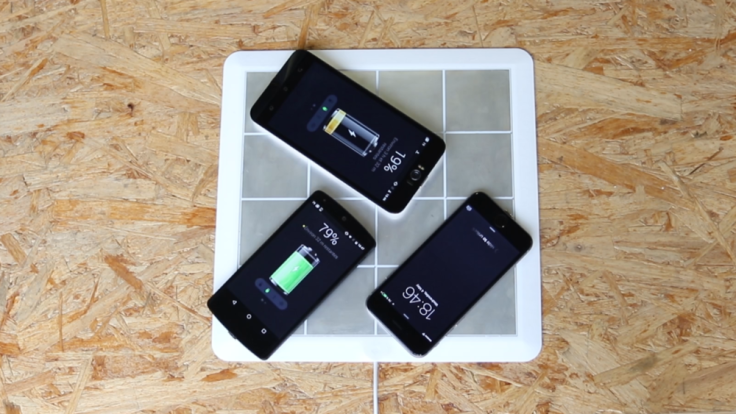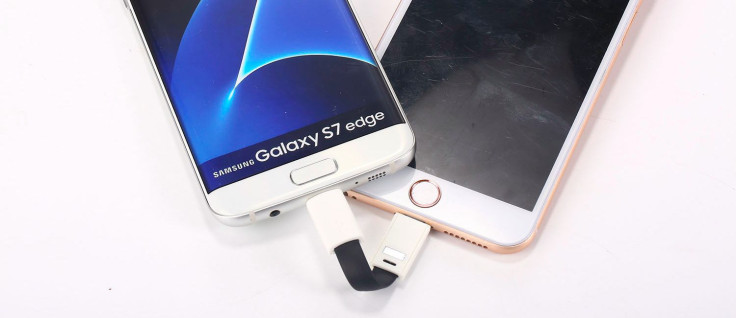Sony's power-stealing wireless charging patent means you may never run out of battery again
Document describes a system that would let you charge one phone from another.

Sony is working on an innovative solution that could solve one of smartphone ownership's biggest headaches – running out of battery. A recently discovered patent reveals that Sony is working on a system that allows one phone to be charged by someone else's wirelessly.
Unearthed by What A Future, the document describes a system whereby power is transferred between the two devices using an antenna system similar to that used by NFC chips.
Much like a Bluetooth or a wi-fi hotspot, the system would be capable of scanning for nearby compatible devices and letting users suck power from them. Once a corresponding device came within range, instructions would appear via a "graphical user interface" (i.e. some form of notification) where the other party could presumably accept or deny your request to borrow some juice.
The system isn't exclusive to smartphones either: Sony is exploring how the tech could be used to exchange both power and data between a whole range of consumer electronics – think laptops, wearables and other smart gadgets, as well as household appliances.

Only devices containing the same special antenna system would be capable of connecting with each other, but providing it does, you could potentially charge your smartphone from a TV, refrigerator or washing machine. The patent describes how such household appliances could be fitted with "a pad, mat, container or platform" that could house "one or more" gadgets and power them wirelessly.
The patent was filed by Sony in November 2016 and as with all concepts like this there's no guarantee that the company will follow through. But it's an innovative solution to a major caveat of modern battery-powered tech which, provided you have some generous friends, could drastically cut the time we spend milling around power sockets and glancing nervously at our battery bars.
© Copyright IBTimes 2025. All rights reserved.






















